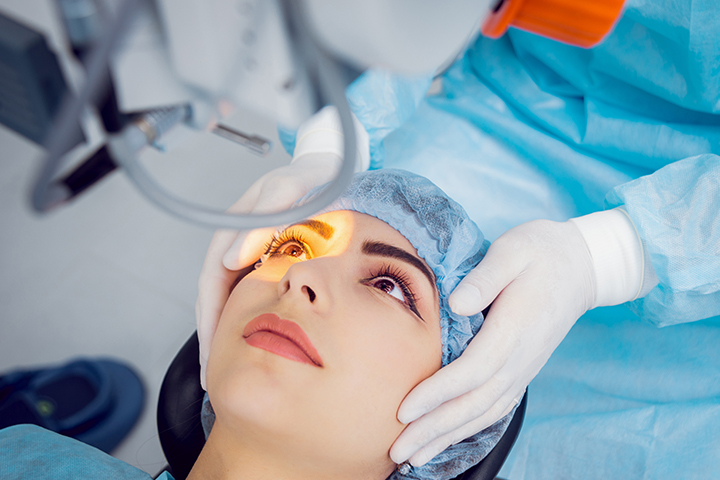When people think of plastic surgery, they think Botoxed lips and breast enhancements. The reality is that there are dozens of reasons to get plastic surgery that have nothing to do with vanity. You could have scars from an accident or surgery that impacts your life. Or it could be a malformation that also makes your life difficult. There are many reasons that you may need plastic surgery but the problem is that it is usually expensive. And if you are on a limited income, that may put much needed plastic surgery out of reach. Will Medicare or Medicare Supplement Plans cover your plastic surgery? The good news is that some plastic surgery is covered by Medicare so you may find yourself able to get that much needed treatment at no or low cost to you. Read on to find out if your surgery is covered by Medicare. You may be surprised!
What is Medicare?
Medicare is a free health insurance plan that you pay into your entire working life. Once you hit the age of 65 you are able to use this insurance to cover just about all of your medical needs. Part A covers time spent in a hospital or hospice care. Then there is Part B which covers your medical care like doctor visits. When you have Medicare, you don’t have to go to a special kind of doctor or facility. In many cases you can continue to go to the same doctor you’ve had for years as long as they accept Medicare. Basically, your doctor bills the government rather than an insurance company for your treatment. Some people don’t get 100% coverage from Medicare and need to supplement it with private insurance to cover the rest.
What type of plastic surgery does Medicare cover?
If the goal of your plastic surgery is to have a procedure to correct a malformed body part from surgery or an accident, then chances are pretty good that your Medicare coverage will pay for it. As long as it is something that is required to restore a normal appearance or bodily function and not to augment a body part. Here are some examples: Breast reconstruction after a mastectomy – After cancer treatment, if you have had to have one or both breasts removed, then your Medicare will likely cover breast reconstruction. Since the surgery is meant to restore your body to its previous state before the surgery, it is under the right category. If you are just unhappy with the size of your breasts, then that is not going to be covered. Disfigurement due to an injury or accident – If you were in an accident and a body part became disfigured, then you are likely to have that covered by Medicare. For example, if your face were burnt in an accident, then the surgery to make your face look as close to normal as possible would be covered. Similarly, if you get a scar. The scar may not affect how you live your life as in it doesn’t affect your movement or cause any pain, but it does affect your quality of life as you are disfigured, then getting rid of the scar is covered. Malformations – You may not even need to be in an accident to have a malformity fixed under your Medicaid. If you have a cleft lip, then this is the type of deformity that is covered. As long as the deformity is deemed medically necessary by a doctor, then it should be covered. There may even be some instances where medically it is not needed, but is detrimental to your quality of life to leave the deformity, then they may consider it.
What it doesn’t cover
Any surgery that is strictly cosmetic will not be covered. You may not like the look of your lips, nose or breasts, but altering them with plastic surgery is not necessary. Of course, you are free to pay for these types of surgery yourself, but Medicare will not cover those surgeries. In fact, in some instances, there may be a copay or deductible on your part to cover the cost of the surgery. For instance, if you have breast reconstruction done after a mastectomy, and require a hospital stay, there is a deductible of $1,364. Also raising the cost is that it is not an annual out of pocket expense. You may require other surgeries and still have to pay that deductible even within the same year.








